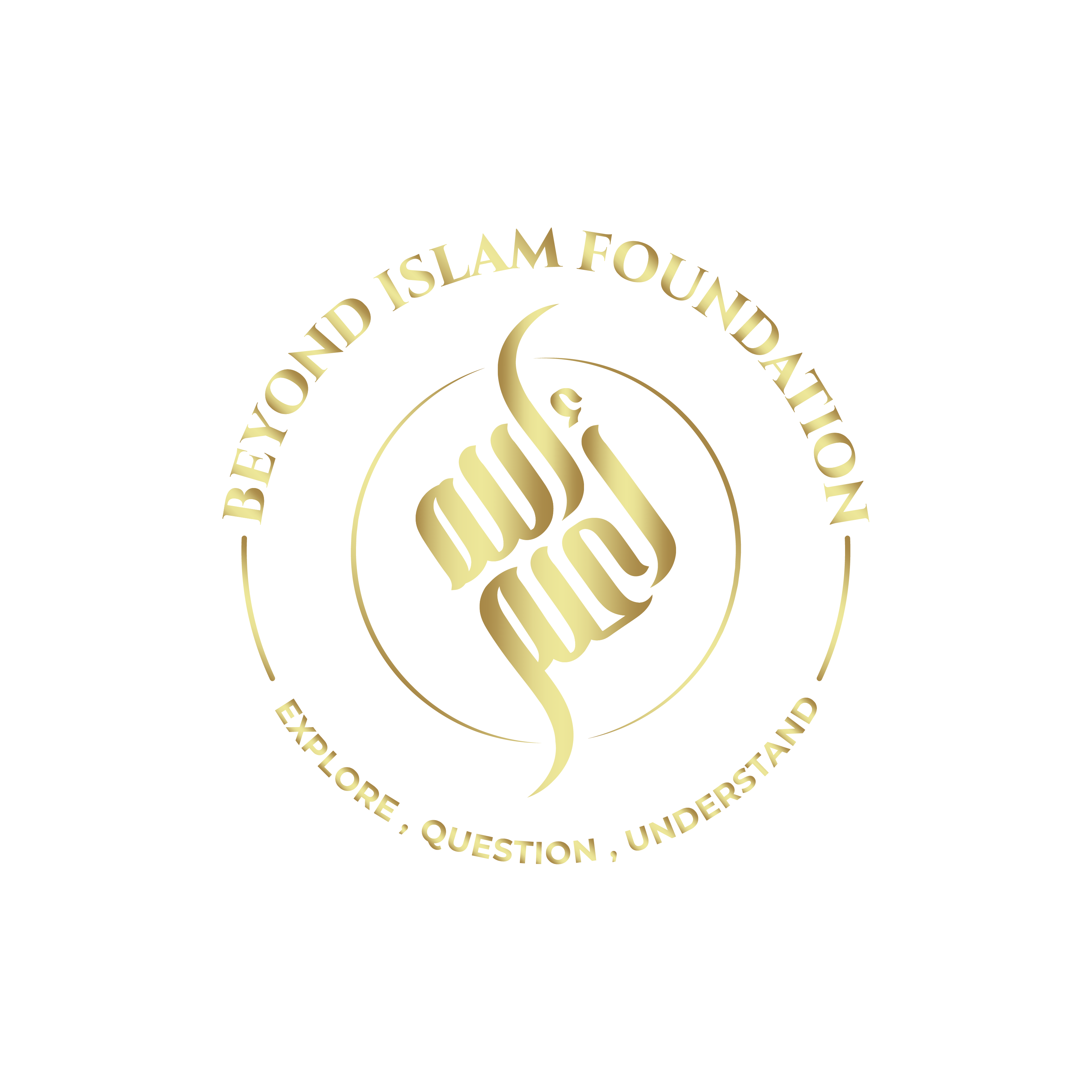Introduction: Health as a Divine Trust
📖 “And do not throw yourselves into destruction with your own hands, but do good; indeed, Allah loves the doers of good.” (Qur’an 2:195)
Health is one of the greatest blessings given to humankind. The Qur’an provides a comprehensive approach to health, emphasizing balance, prevention, and natural healing. Unlike modern health systems that have made great strides in emergency care, vaccines, and surgical advancements but often focus on treating diseases rather than preventing them, the Qur’anic model promotes a holistic lifestyle that integrates physical, mental, and spiritual well-being through preventive care and natural healing.
This article explores the Qur’anic principles of health, nutrition, fasting, mental well-being, and healing practices that contribute to a thriving and balanced life.

1. The Principle of Balance in Diet and Lifestyle
📖 “Eat and drink, but do not be excessive. Indeed, He does not like those who commit excess.” (Qur’an 7:31)
📖 “And He enforced the balance. That you do not transgress in the balance.” (Qur’an 55:7-8)
Key Observations:
- Moderation in food and lifestyle is essential for maintaining health.
- Excessive consumption leads to physical and spiritual harm.
- Living in harmony with natural rhythms sustains well-being.
The Qur’anic model discourages overindulgence and wastefulness while promoting mindful consumption and sustainable living.
2. The Healing Power of Natural Foods
📖 “And We sent down blessed rain from the sky and produced from it gardens and grain for harvest, and towering date palms with clustered fruit.” (Qur’an 50:9-10)
📖 “And your Lord inspired the bee, ‘Take for yourself dwellings in the mountains, in the trees, and in what they construct. Then eat from all the fruits and follow the ways of your Lord laid down for you.’ From their bellies comes a drink of varying colors, in which there is healing for people. Indeed, in that is a sign for those who reflect.” (Qur’an 16:68-69)
Key Observations:
- Fruits, grains, and honey are described as sources of healing.
- Natural foods contribute to physical and mental well-being.
- Healing is found in nature and should be prioritized over synthetic substances whenever possible, though medical advancements can complement natural healing when necessary for treatment and recovery.
The Qur’an encourages a return to whole, natural foods that provide nourishment and healing, reinforcing the importance of a clean diet.
3. Fasting as a Tool for Detoxification and Renewal
📖 “And fast, for fasting is prescribed for you as it was prescribed for those before you, so that you may attain self-restraint.” (Qur’an 2:183)
📖 “But to fast is better for you, if only you knew.” (Qur’an 2:184)
Key Observations:
- Fasting is not only a spiritual discipline but also a means of physical purification.
- Periods of controlled fasting help the body reset and detoxify.
- Fasting instills discipline and strengthens resilience.
Modern science confirms the benefits of fasting in improving metabolic health, reducing inflammation, and enhancing longevity, aligning with Qur’anic wisdom. Studies, such as those conducted by Dr. Valter Longo and the National Institute on Aging, have shown that intermittent fasting can promote cellular repair, enhance cognitive function, and reduce the risk of chronic diseases.
4. Mental and Emotional Well-being
📖 “Verily, in the remembrance of Allah do hearts find peace.” (Qur’an 13:28)
📖 “And We have certainly created man and We know what his soul whispers to him, and We are closer to him than his jugular vein.” (Qur’an 50:16)
Key Observations:
- Spiritual connection provides emotional stability and inner peace.
- Mindfulness and remembrance of Allah reduce stress and anxiety.
- Mental health is equally as important as physical health.
A Qur’anic approach to mental health involves cultivating faith, gratitude, and resilience while seeking balance in emotions and thoughts.
5. Hygiene and Cleanliness
📖 “Indeed, Allah loves those who are constantly repentant and loves those who no purify themselves.” (Qur’an 2:222)
📖 “And We sent down water from the sky for purification.” (Qur’an 25:48)
Key Observations:
- Physical cleanliness is a core aspect of well-being.
- Wudu (ablution) and ghusl (full purification) reinforce hygiene and spiritual purity.
- Water is emphasized as a primary source of cleansing.
The Qur’an promotes cleanliness as both a physical and spiritual practice, ensuring good health and societal well-being. Historically, these principles influenced advancements in public health and sanitation within Islamic civilizations. Cities such as Cordoba and Baghdad developed sophisticated water supply systems, public baths, and hospitals that prioritized hygiene, reflecting the Qur’anic emphasis on purification and cleanliness.
6. The Qur’anic Perspective on Healing and Medicine
📖 “And when I am ill, it is He who heals me.” (Qur’an 26:80)
📖 “And We sent down in the Qur’an that which is a healing and a mercy for the believers.” (Qur’an 17:82)
Key Observations:
- Healing comes from Allah, but natural remedies and medicine are means of recovery.
- The Qur’an itself provides spiritual healing through guidance and wisdom.
- Both physical and spiritual approaches to healing are emphasized.
The Qur’anic model encourages a balance between seeking medical treatment and relying on faith and prayer for healing.
7. The Qur’anic Alternative to Modern Health Systems
📖 “And do not corrupt the earth after its reformation.” (Qur’an 7:56)
Key Observations:
- The Qur’anic model prioritizes prevention over treatment.
- Modern health systems often focus on symptom management rather than holistic well-being.
- A balanced system integrates natural healing, healthy living, and medical advancements.
Unlike modern health approaches that often rely on pharmaceuticals for treatment, the Qur’an advocates for a system based on prevention, ethical medical practices, and natural healing methods. While pharmaceuticals play a crucial role in treating acute illnesses and emergencies, the Qur’anic model emphasizes holistic well-being through lifestyle, nutrition, and preventive care to reduce dependence on medication.
Conclusion: Implementing the Qur’anic Health Model
The Qur’an provides a holistic health system that emphasizes prevention, balance, and healing through natural means. It encourages a mindful approach to nutrition, fasting, mental well-being, and hygiene, ensuring a lifestyle that aligns with divine wisdom.
Are you ready to realign your health with Qur’anic principles? Start by adopting a balanced diet, practicing fasting for renewal, maintaining mental and spiritual well-being, and seeking healing through natural and ethical means. True health begins with conscious living in harmony with divine guidance.

The body is the greatest medium to express your gratitude for this life.